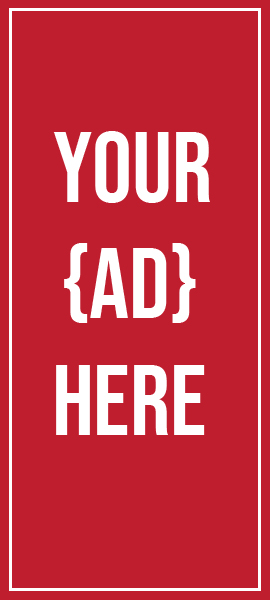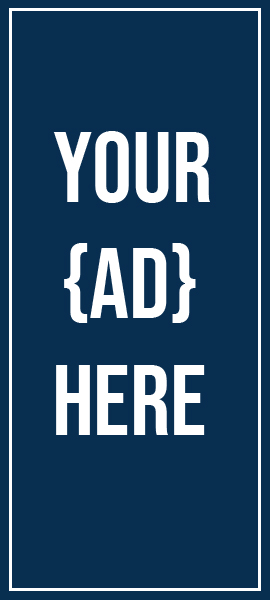Interview Techniques
Never try to look into both eyes at the same time. Switch your gaze from one eye to the other. That signals warmth and sincerity.
– Dorothy Sarnoff
Introduction
Going into an interview without preparation is never advisable. The goal is to do everything within your power to present yourself as the best candidate for the job. Dressing the part and practicing the way you will answer and ask questions, is vital to the success of the interview.
Dressing for Success
From the first handshake to final farewell you are going to be evaluated on your poise, appearance, posture, skills, abilities, and persuasiveness. Your ability to respond to pressure and even your own mistakes will tell the employer much about the kind of person you are.
Answering Questions
The ability to answer a question well requires good listening skills as well as speaking ability. Anticipating the kind of questions you will be asked helps prepare you for the interview. Before answering make sure you understand the question completely. Feel free to ask for clarification of any part of the question you may not understand. If you do not know the answer to that question, be prepared to respond in a way that does not show a lack of confidence or ability to obtain an answer. Know your boundaries in what kinds of questions you should or should not answer. Make your answers brief and to the point. Do not give far more information than the question itself requires.
Asking Questions
Asking pertinent questions is a great way to gain the respect of the employer and to demonstrate that you have an awareness of the nature of the company and the kind of work they do. Relevant questions demonstrate a curiosity and awareness that they are not only interviewing you but you are interviewing them. The employer-employee relationship is not one sided. Your comfort and happiness in the job is just as important as their satisfaction with you as a member of the team.
Following Up
Following up after an interview is one of the important, yet forgotten acts of the job search process. Not only is it courteous to thank the person you interviewed with for their time, but following up is a good way to reiterate your interest in the position without being a nuisance.
Many ask the question of how they should follow-up with the interviewer. This depends on several factors. If at some point during your conversation the interviewer says, “The best way to reach me is ____,” then you want to adhere to the request. It is not okay to disregard the interviewer’s request to be emailed and follow-up with a phone call because you think that shows more drive. If the interviewer does not specify a method of contact and you have a business card with an email address and phone number, you may want to consider the least intrusive method, email. If the only information you have is a phone number, make a quick, but impactful call.
Practical Application
Zane was stressed. He would rather run a mile backwards than march into another interview room. Leah could see the stress on Zane’s face and came to his rescue. She was able to put a spotlight on his problems that showed him what hid underneath his fear. Zane discovered a hidden anxiety problem right under his nose. Leah had just the ticket to break Zane free from his troubles. She was able to enlighten him in the aspects of answering and asking questions during an interview. These little tricks opened the doors to a glowing interview and with a little push in the right direction he bought himself a new suit. Zane was amazed at the feeling he had when wearing it. He was miles away from the old Zane and was now in a zone of success and left the fear lagging far behind.





